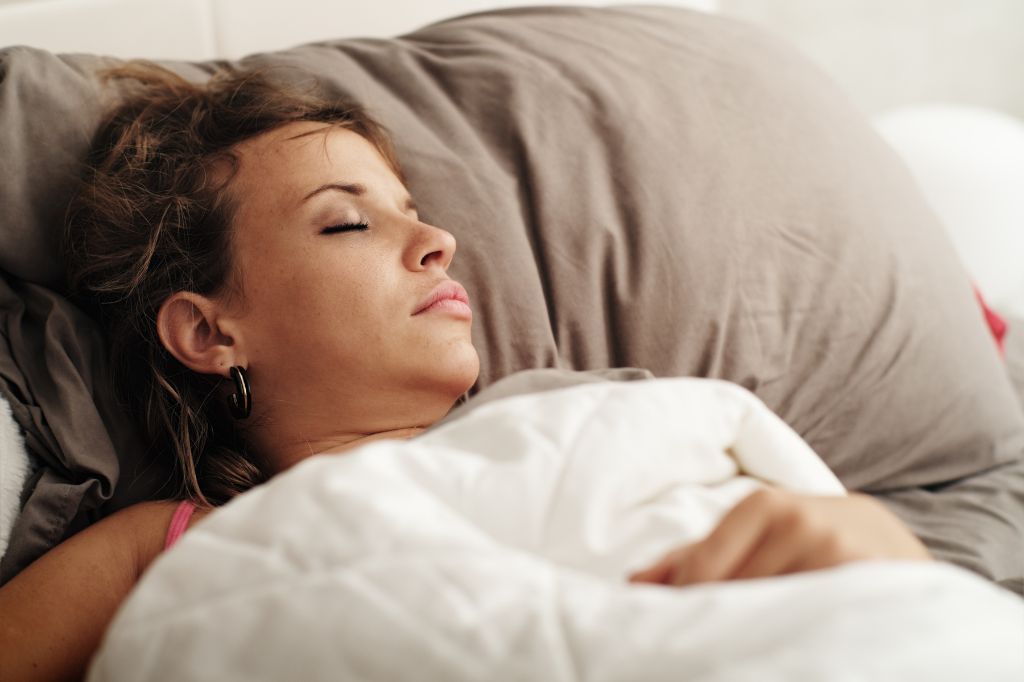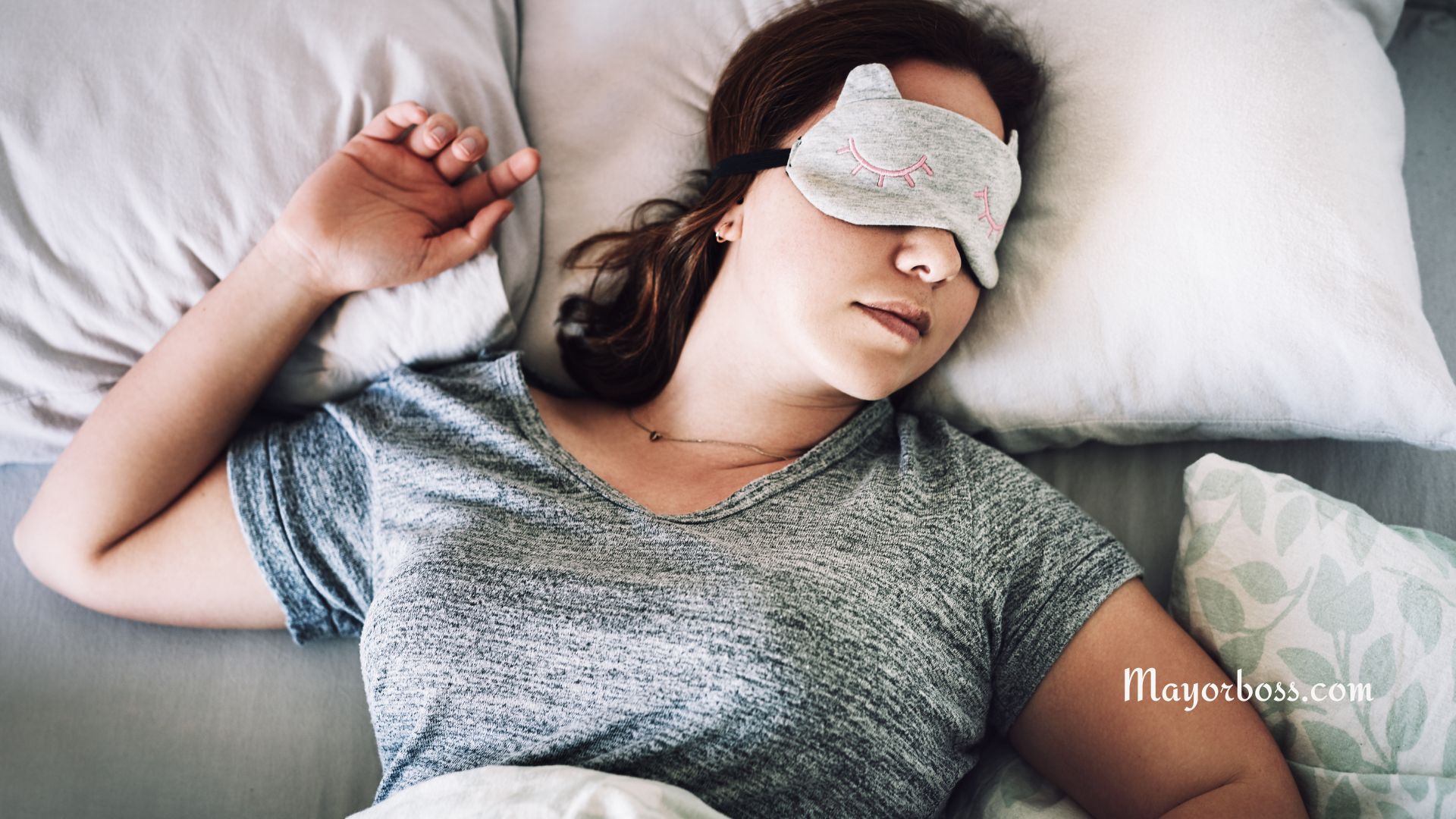What Is Sleep Hygiene?
What is Sleep Hygiene?
Sleep hygiene is a set of habits that can help you get a good night’s sleep. These habits include establishing a regular sleep schedule, avoiding caffeine before bed, ensuring your bedroom is dark and quiet, and avoiding screens for an hour before bedtime.
By following these simple steps, you can train your body to fall asleep more quickly and stay asleep for the entire night.
Why is Sleep Hygiene So Important?

There are many reasons why practicing good sleep hygiene is vital for your health. For one thing, getting enough quality sleep is crucial for maintaining a healthy immune system.
Getting sick often can take a significant toll on your mental and physical health, so it’s important to do everything you can to avoid getting sick in the first place.
In addition to boosting your immunity, getting enough quality sleep also helps improve your mood, reduces stress levels, and enables you to concentrate better during the day. All these things are essential for maintaining your mental and physical health and overall quality of life.
How Many Hours Should I Sleep Per Day?
The current sleep recommendations based on age are as follows:
| Age Range | Recommended Amount of Daily Sleep |
|---|---|
| Newborns 0 months to 3 months | 14 to 17 hours |
| Infants 4 months to 12 months | 12 to 15 hours |
| 1 to 2 years | 11 to 14 hours |
| 3 to 5 years | 10 to 13 hours |
| 6 to 12 years | 9 to 12 hours |
| 13 to 18 years | 8 to 10 hours |
| 19 to 64 years | 7 or 9 hours |
| 65 or more years | 7 or 8 hours |
What Are The Signs Of Poor Sleep Hygiene?
Difficulty falling asleep, waking up frequently during the night, feeling exhausted during the day, poor concentration, and mood swings could be signs of poor sleep hygiene. If you’re often not getting enough quality sleep, improving your sleep hygiene habits is essential.
How to Improve Your Sleep Hygiene
Here are some simple tips, according to the American Academy of Sleep Medicine (AASM), that you can use to improve your sleep hygiene:
1. Keep a regular sleep schedule
This means going to bed and waking up at about the same time every day, even on weekends and holidays. This helps your body get into a regular sleep rhythm.
2. Establish a regular bedtime routine
A bedtime routine signals to your body that it’s time to start winding down for the night. Keep your routine simple and relaxing – maybe read a book, listen to calm music, or take a bath before bed. Having a regular bedtime routine will make it easier to fall asleep at night.
3. Avoid screen time before bed
The blue light from screens (phones, computers, TVs) can interfere with your body’s natural circadian rhythms and make it harder to fall asleep at night. Try to avoid screen time for at least an hour before bedtime.
4. Avoid caffeine and alcohol before bedtime
Caffeine and alcohol can both interfere with sleep. So it’s best to avoid them in the evening, especially close to bedtime.
5. Make sure your bedroom is dark, quiet, and cool
A dark room cues your body that it’s time to sleep, while silence or gentle background noise (like white noise) can help you stay asleep even if there’s a commotion outside your bedroom door. The ideal room temperature for sleeping is between 60-67 degrees Fahrenheit.
6. Practice relaxation techniques
Practice relaxation techniques such as deep breathing or progressive muscle relaxation before bedtime. These techniques can help your body relax and make it easier to fall asleep quickly.
7. Have a comfortable mattress, pillows, and bed linens
Make sure your mattress, bed linens, and pillows are comfortable and provide support. You want your bedroom to be where you can relax and feel comfortable so you can fall asleep quickly.
Also Read: Why You Should Sleep On Your Left Side Every Night
8. Get enough exercise during the day
Exercise can help you sleep better at night. Just make sure you don’t exercise too close to bedtime, or you might have trouble falling asleep.
9. Get some sunlight during the day
Sunlight helps cue your body that it’s time to be awake and active during the day. So get outside for some fresh air and sunlight every day – even if it’s just for a few minutes!
The Takeaway
Creating and maintaining good sleep hygiene habits can be difficult, but it’s worth it: getting enough rest can improve mood, memory, immunity, and more. If you’re struggling to get a good night’s sleep, then poor sleep hygiene may be to blame.
However, you can do a few easy things to improve your sleep hygiene and get the restful night’s sleep you deserve.
Avoid caffeine after 2 pm, ensure your bedroom is dark and quiet, avoid screens for an hour before bedtime, and establish a regular sleep schedule. Following these simple steps can train your body to fall asleep more easily and get the refreshing night’s sleep you need.
Also Read: What To Do If You Can’t Sleep At Night






